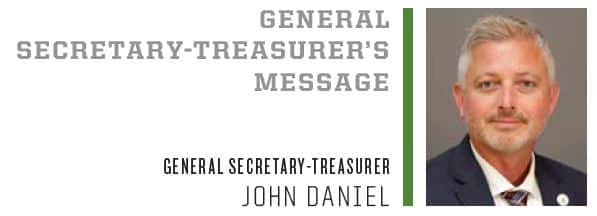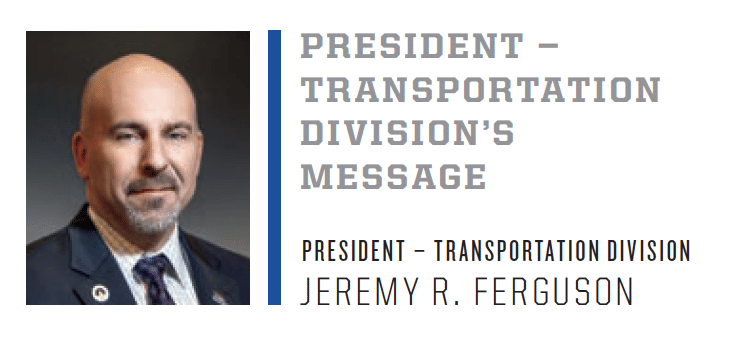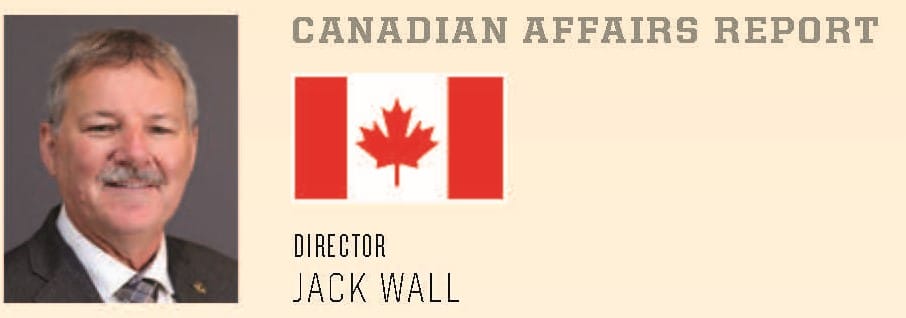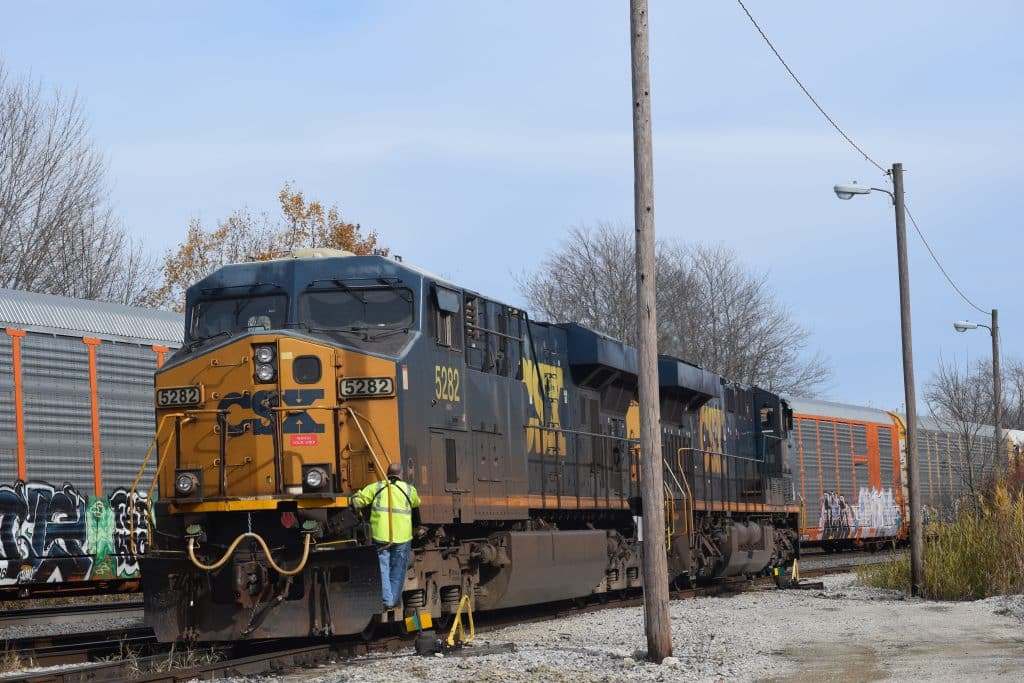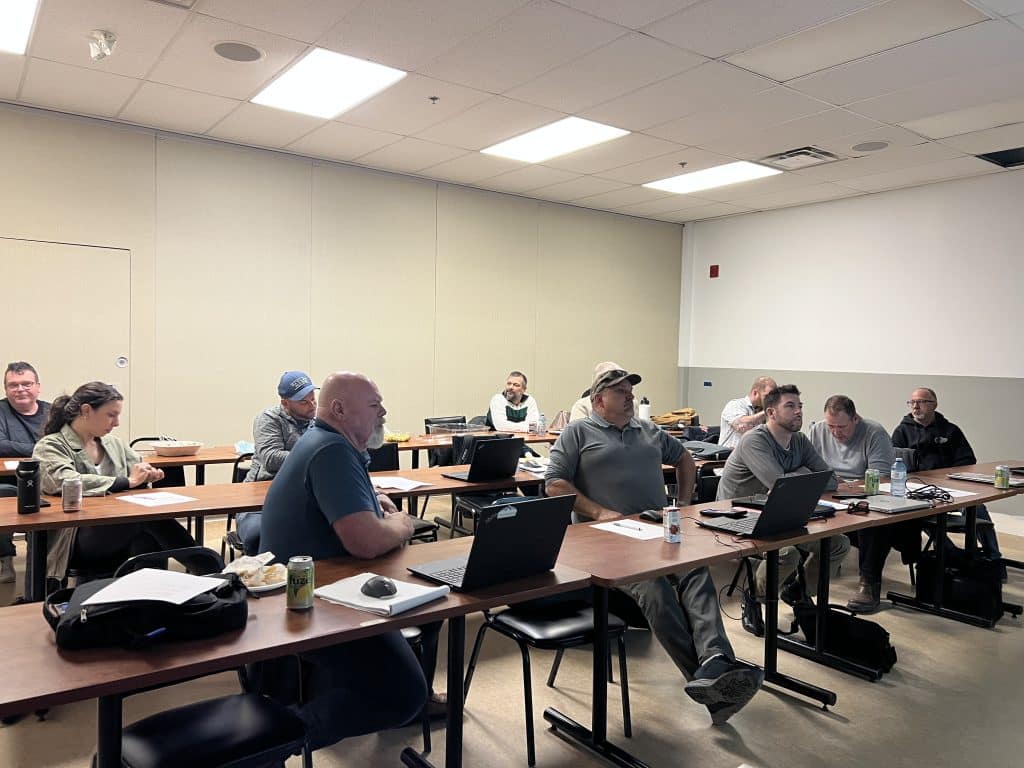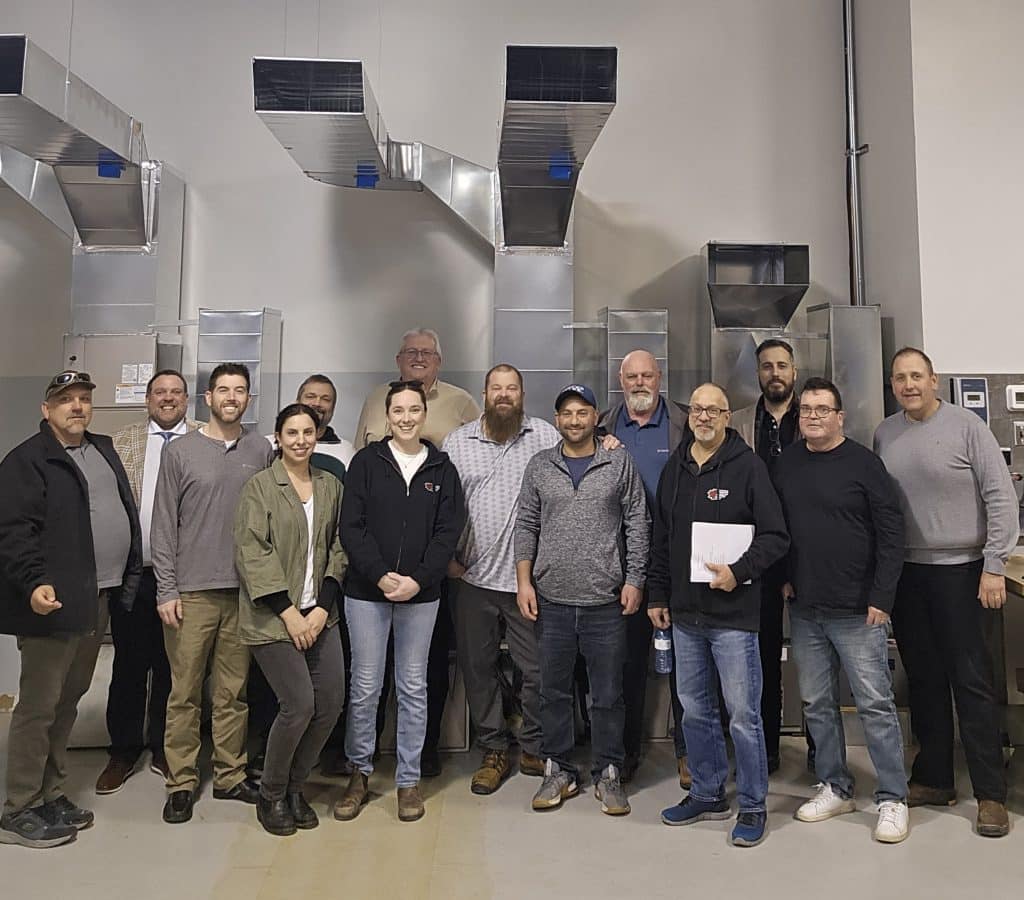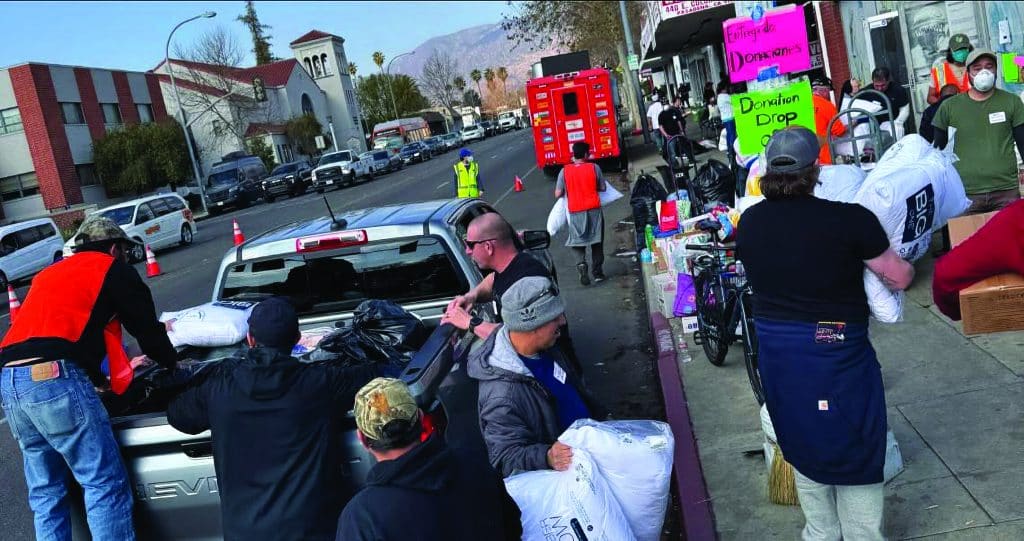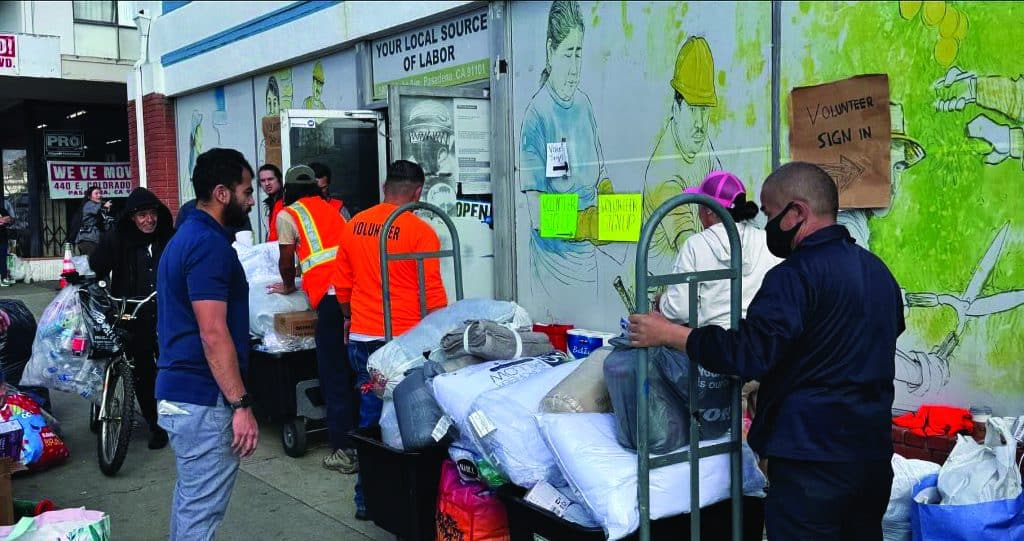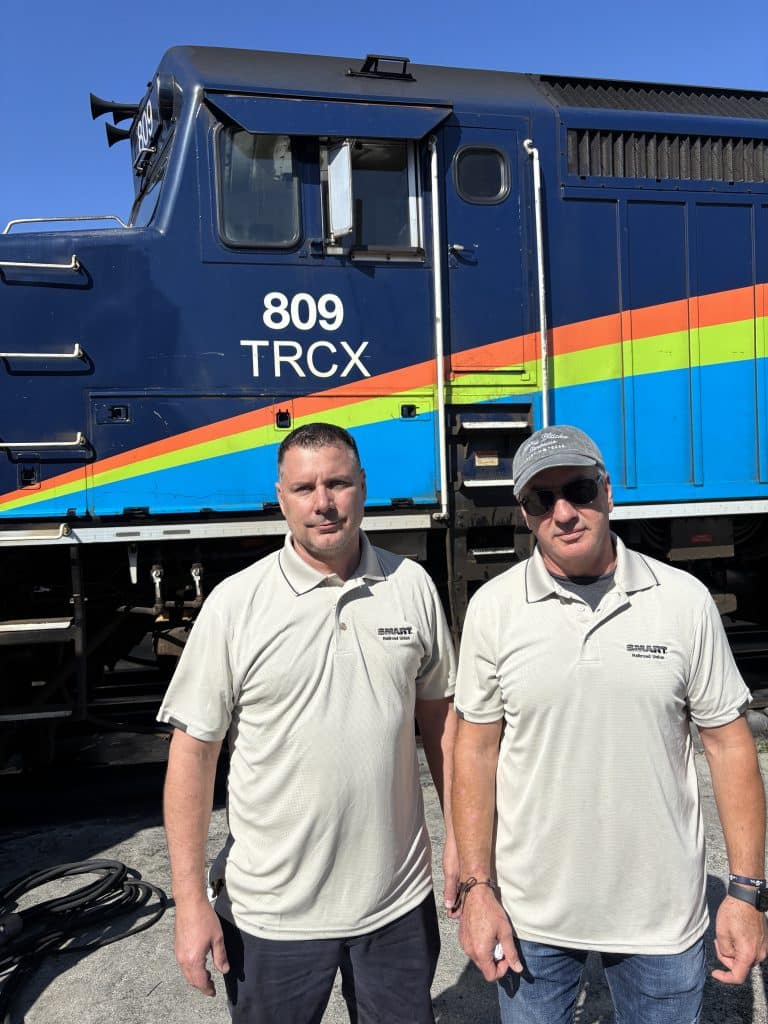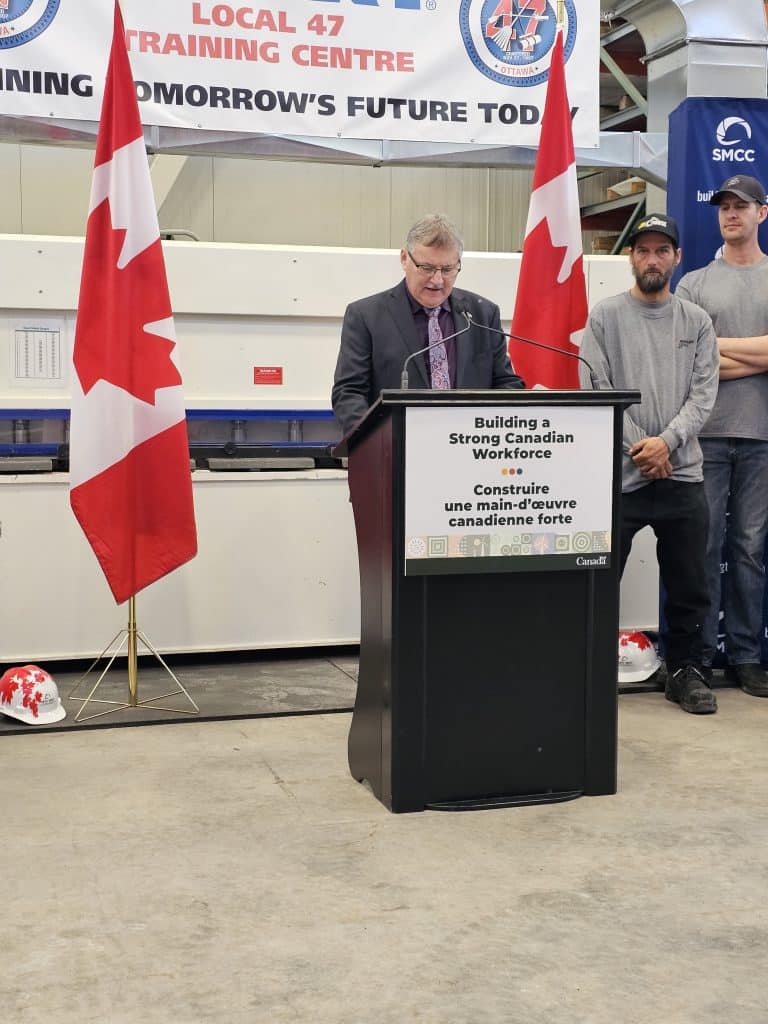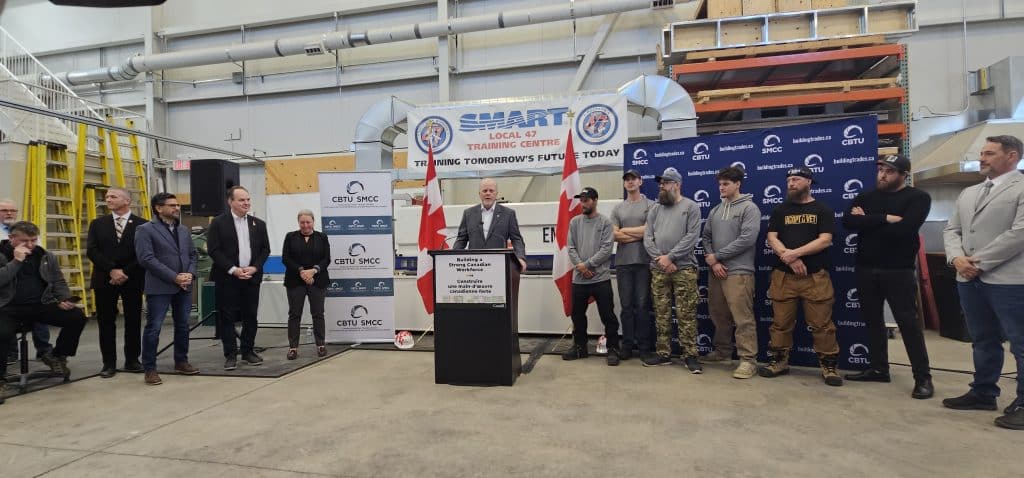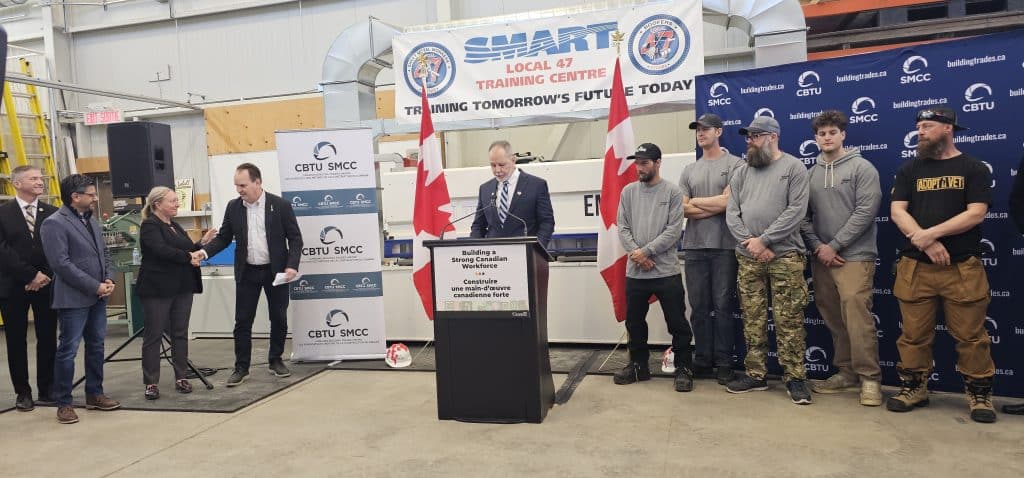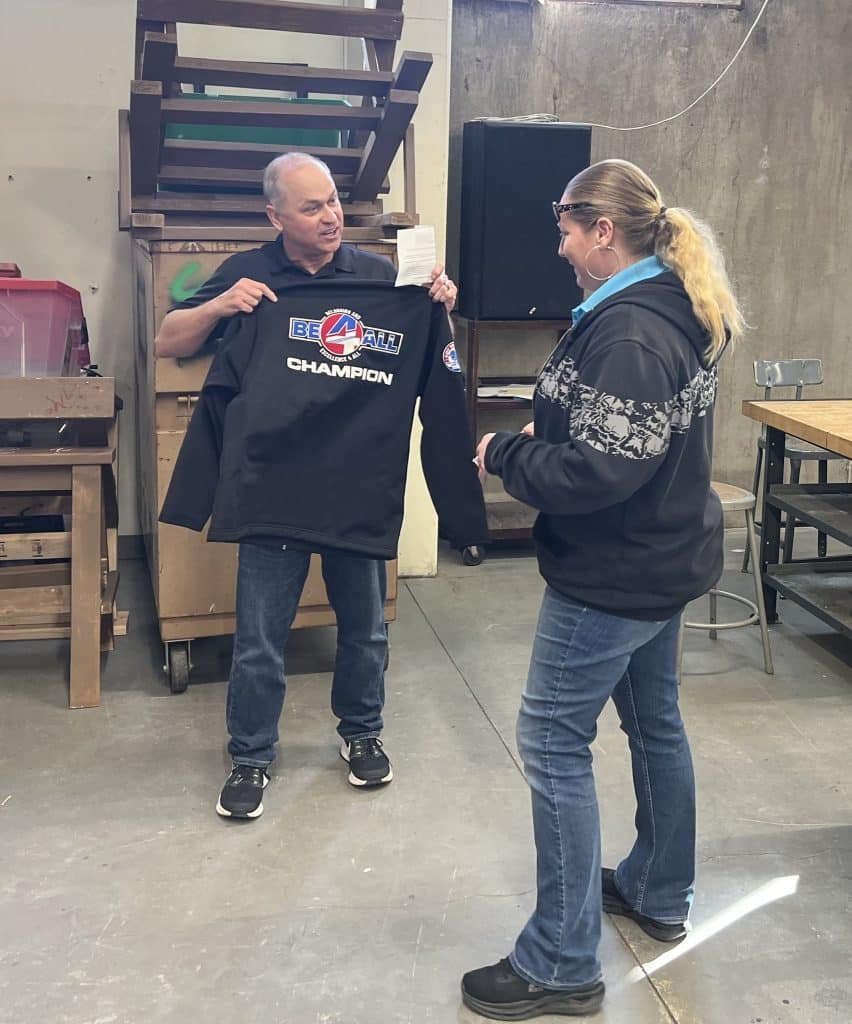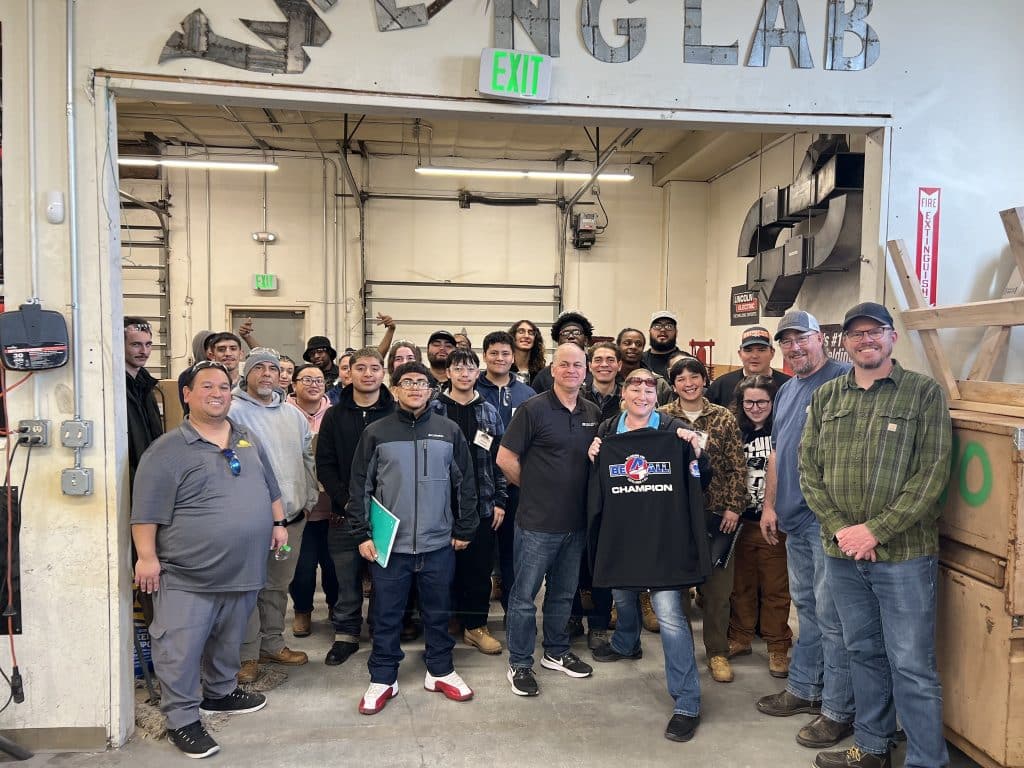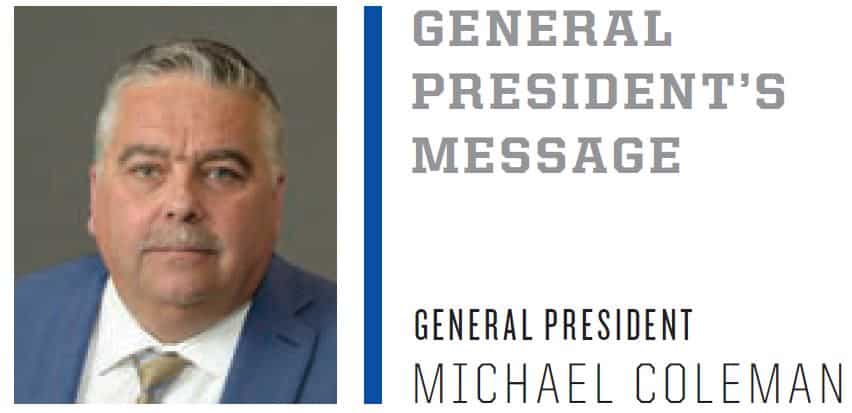
I’ve talked a lot about the importance of solidarity recently. It’s our foundation, our core value and our strength; it’s the guiding principle that has carried us through generations of challenges, whether we’re at work, at the bargaining table or on the picket line.
Much of the conversation around our solidarity has been in response to political events in the United States. Recent developments, from the unprecedented firings at the U.S. National Labor Relations Board to the shifting policies on tariffs, have sent ripples through our industries. These decisions have real consequences for working people — our people.
But make no mistake, brothers and sisters: Our union solidarity spans all of North America, from Hawaii to Vancouver, Florida to St. John’s; whether we’re on the shop floor, the jobsite, the railroad or the bus terminal.
Amid all the noise encompassing our nations’ governments, I want to focus on the hard-working citizens of our two nations that make up our membership: We have far more in common than we have differences. Skilled SMART sheet metal workers perform top-notch craftsmanship on jobsites and in production shops across both of our two nations. Organizing in British Columbia, Ontario and everywhere in between strengthens our union in the states just like it does in the provinces, and vice versa. And political developments in Ottawa and Washington have ramifications for every single one of us.
“Our union solidarity spans all of North America, from Hawaii to Vancouver, Florida to St. John’s; whether we’re on the shop floor, the jobsite, the railroad or the bus terminal.”
As SMART members, we want the same thing, regardless of which country we call home: good, family-sustaining jobs, stellar pay, a retirement with dignity. And our union organizes across North America for those exact goals — recently, in both of our nations, winning extraordinary growth. Regardless of the political climate, no matter who holds power in Washington or Ottawa, we will continue to fight for the betterment of this union: no member left behind.
The history of SMART spans over 200 combined years of organizing, tradition, mentorship and solidarity. We’ve faced adversity, fought countless battles and secured life-changing victories for workers across North America. Every victory we’ve achieved stems from our unity and the principle that an injury to one is an injury to all.
I want to emphasize something, though. That collective power doesn’t simply appear when we pay our dues. We, the members, are the union. We need to be engaged, involved and ACTIVE in our locals. That’s how we organize new manufacturing plants and contractors, like Evergreen Sheet Metal in B.C. That’s how we secure local laws that bring in more work for members, like project labor agreements in Southern California. That’s how we develop new tools to help keep our SMART-TD bus members safe. All this is only possible when we proactively flex our collective strength.
We continue to see anti-worker entities, whether bad-faith employers or antagonistic governments, attempt to divide us. They want us to fight each other instead of fighting the rich and powerful. They want to pit Canadians versus Americans, railroaders versus sheet metal workers; they want workers against workers.
Brothers and sisters, we must reject that division and choose solidarity instead. Let’s stand together, not just in the face of political challenges, but for the future we believe in. When we are united across the United States and Canada, there’s nothing we can’t achieve.
In solidarity,

SMART General President Michael Coleman
